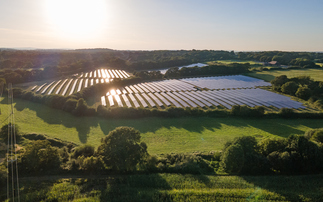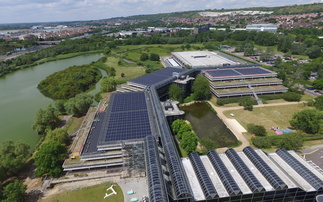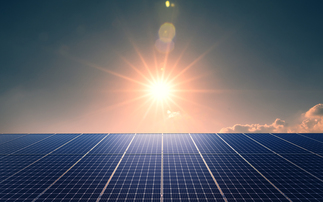Government reaffirms long term commitment to solar industry, but reforms promise significant market consolidation
The Chinese government has reportedly underscored its commitment to the country's fast-expanding solar sector, announcing plans to more than quadruple installed capacity to 35GW by 2015.
Reuters' reported that the State Council announced last week that it was moving forward with plans from the Ministry of Industry and Information designed to "promote the healthy development of the photovoltaic industry".
Many of China's solar panel and component manufacturers have enjoyed rapid growth in recent years, but a global supply glut has also served to drive down prices and margins, leaving several leading brands facing intense financial pressure.
The Ministry said that early indications were that the sector had expanded significantly in 2013, with around 8GW of new capacity coming online, including 6GW of solar farms and 2GW of distributed installations such as rooftop solar panels.
It also outlined how it was planning to promote rooftop installations and step up research and development investment as it aims to deliver on its goal of having 35GW of installed capacity by 2015.
However, the reforms are also designed to aid consolidation in the market, primarily through new guidelines for mergers and acquisitions and efforts to promote standardisation.
Separate reports from late last year suggested that these M&A guidelines would be supported by a new list of around 130 companies that will qualify for credit support from China's banks, which according to some analysts excludes between 75 and 80 per cent of solar firms in the market.
Industry watchers said the move appeared designed to spark consolidation in the market in an attempt to tackle excess capacity and realise even greater economies of scale.
However, it could further complicate the long-running trade tensions between China and the US and EU, both of which have moved to impose import tariffs on some Chinese solar firms in response to concerns that they are benefitting from unfair levels of state support.







